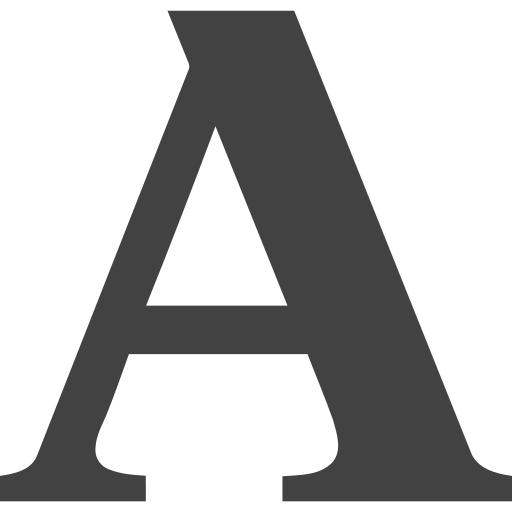The Pursuit of Excellence: Nerds and Geeks in Aaron Sorkin's Works
Keywords:
Art, Television, Series, Sorkin, ScreenwritingAbstract
Aaron Sorkin has been described as “the most literate writer in TV". His undeniable style, whose overwhelming influence is more relevant today than ever in the way series are written is specially shown in his characters, the vehicle for his long sentences and never-ending monologues, owners of his funny, witty, high culture and popular references. Taking as a motto the idea that being smart is better than being stupid, and either they are fictional or taken from the real world, they are far away from average people. Is not only that every other character scripted by Sorkin talks like a Harvard graduated; in his personal pursuit for excellence, he has always reserved a place of importance for roles that have been traditionally a target of mockery in fiction: the geeks and the nerds. In Sorkin ideal reality, nobody is left out of normality because they're too clever.
We will try to analyze how the works of Sorkin, from his first Broadway hit (A Few Good Men) to his latest TV show (The Newsroom) he establishes a reverse high school dynamic in which the know-it-all rules the world (in The West Wing, that means literally). This roots back to some pieces of fiction from the eighties and spreads all over Sorkin oeuvre, his plays, his movies, and specially his television series. And it is also in television where this issue has the definitive impact. Lately we've come to accept as normal that the leading roles of a sitcom might be embodied by scientists that are also Star Trek aficionados or that people dealing with Washington politics should be especially talkative. And it is largely thanks to the inheritance of Aaron Sorkin that we've come to these standards. There are very few writers with such a clear voice, such a distinctive stamp and such a wide range.
Metrics
References
Adalian, J. (2002): ‘Aaron Sorkin’, in Variety.com (September, 2). Retrieved from: http://variety.com/2002/tv/awards/aaron-sorkin-1117872196/
Crough, Ian (2012): ‘The Cult of Sports Night’, in TheNewYorker.com (June, 21). Retreived from: http://www.newyorker.com/culture/culture-desk/the-cult-of-sports-night
De Jonge, P. (2001): ‘Aaron Sorkin Works His Way Through the Crisis’, in TheNewYorkTimes.com (October, 28). Retrieved from: http://www.nytimes.com/2001/10/28/magazine/aaron-sorkin-works-his-way-through-the-crisis.html?pagewanted=all
Denby, D. (2010): ‘Influencing People’, in The New Yorker: (October, 4). Retrieved from: http://www.newyorker.com/magazine/2010/10/04/influencing-people
Goldsborough, R. (2016): ‘Are you a nerd, or a geek?’, in Infotoday.com (May, 11). Retrieved from: http://www.infotoday.com/LinkUp/Are-You-a-Nerd-or-a-Geek-60930.shtml
Gross, Robert F. (2005): ‘Mannerist Noir: Malice’, in Thomas, F. (ed.): Considering Aaron Sorkin: Essays on the Politics, Poetics and Sleight of Hand in the Films and Television Series. North Carolina and London: Jefferson.
Published
How to Cite
Issue
Section
License
Copyright (c) 2016 Isabel Vázquez

This work is licensed under a Creative Commons Attribution-NonCommercial 4.0 International License.
Authors who submit to this journal agree to the following terms:
Authors retain copyright and ensure the magazine's right to be the first publication of the work as licensed under a Creative Commons Attribution-NoComercial 4.0 International License that allows others to share the work with an acknowledgment of authorship of the work and the initial publication in this magazine, with no commercial purpose.
Authors can establish separate additional agreements for non-exclusive distribution of the version of the work published in the magazine (for example, to an institutional repository or publish it in a book), with an acknowledgment of its initial publication in this journal.
It allows and authors are encouraged to disseminate their work electronically (eg, in institutional repositories or on their own website) prior to and during the submission process, as it can lead to productive exchanges, as well as a citation more early and most of the published work (See The Effect of Open Access).















